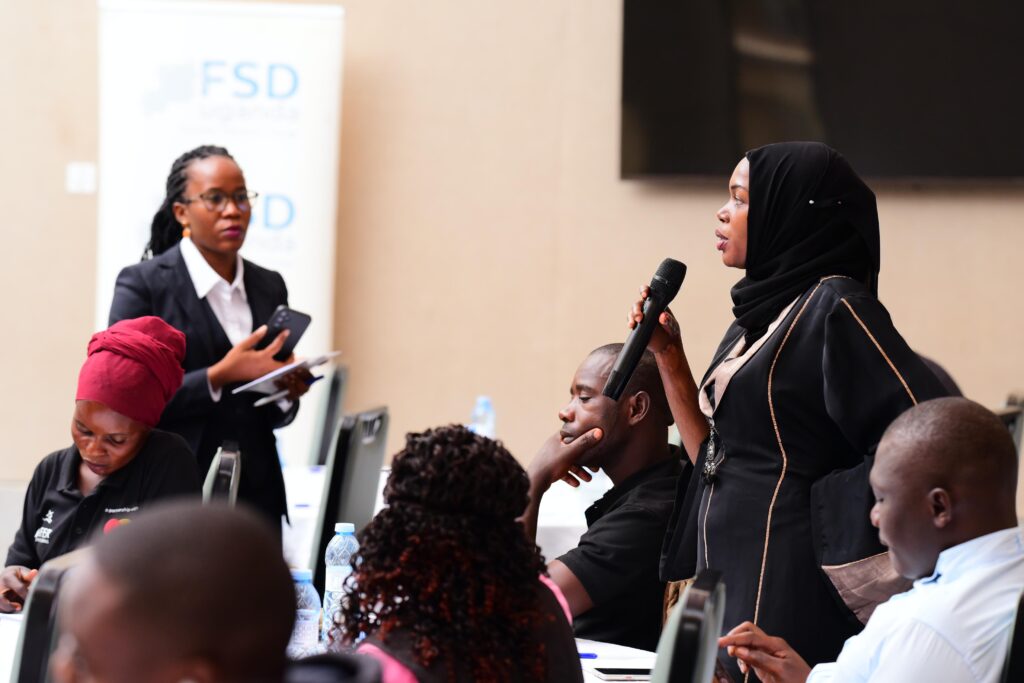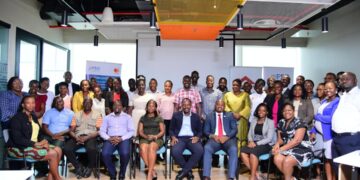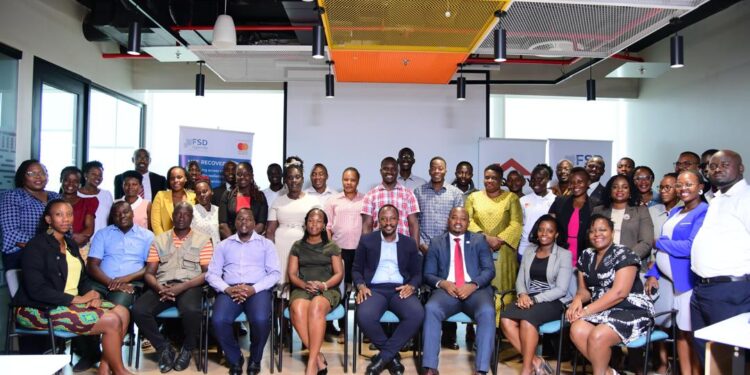On Thursday, June 26, 2025, the Mastercard Foundation offices in Kampala, Uganda, buzzed with energy as partners gathered for the “Community of Practice” workshop, a pivotal event under the Young Africa Works Project.
The room was filled with representatives from Equity Bank Uganda, Financial Sector Deepening Uganda, Goal Uganda, Ripple Effect, and the Bank of Uganda, united by a shared mission: to break down silos and foster collaboration for financial inclusion and youth empowerment.
The workshop featured a powerful address from Ms Justine Namata, Head of the Financial Innovations and Development Section at the Bank of Uganda. Her words set the tone in the room for promoting financial literacy, but she urged a broader vision.
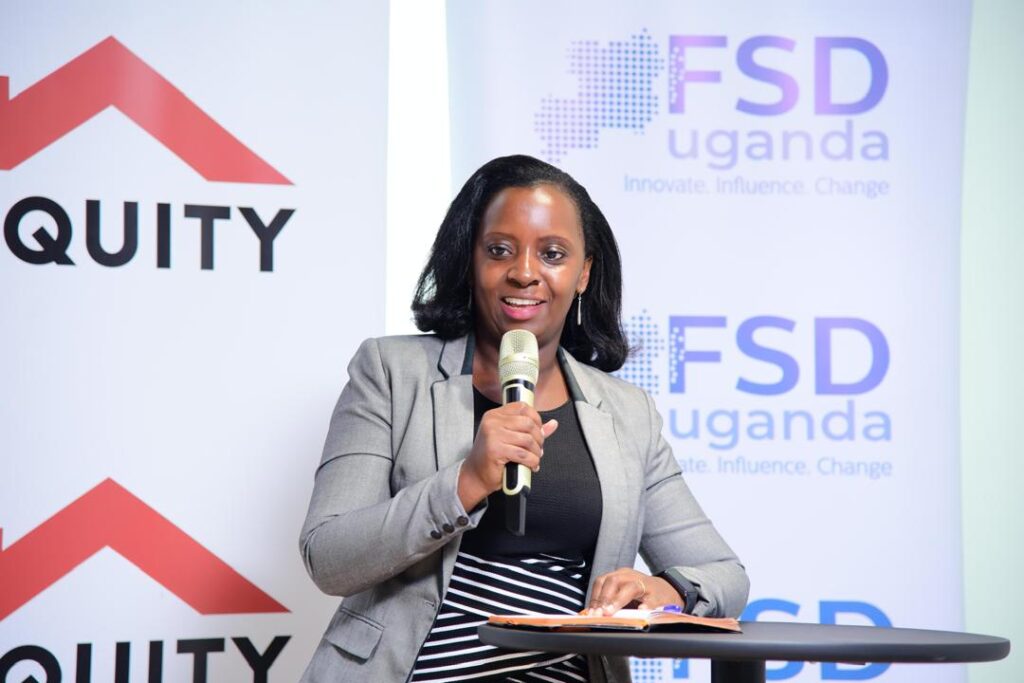
“Financial literacy is a key pillar for economic empowerment and must go beyond just loan and debt management,” she emphasised. “We commend Equity Bank’s efforts and encourage a focus on educating women and youth on insurance, retirement planning, and digital literacy.” She stressed the need for regular training reports, calling them essential to measure impact and guide future interventions.
The highlight of the day came when beneficiaries of the Young Africa Works Project stepped forward to share their stories of impact: young entrepreneurs from rural Uganda, many women and refugees, spoke of how Equity Bank’s loans and training had turned their struggles into successes.
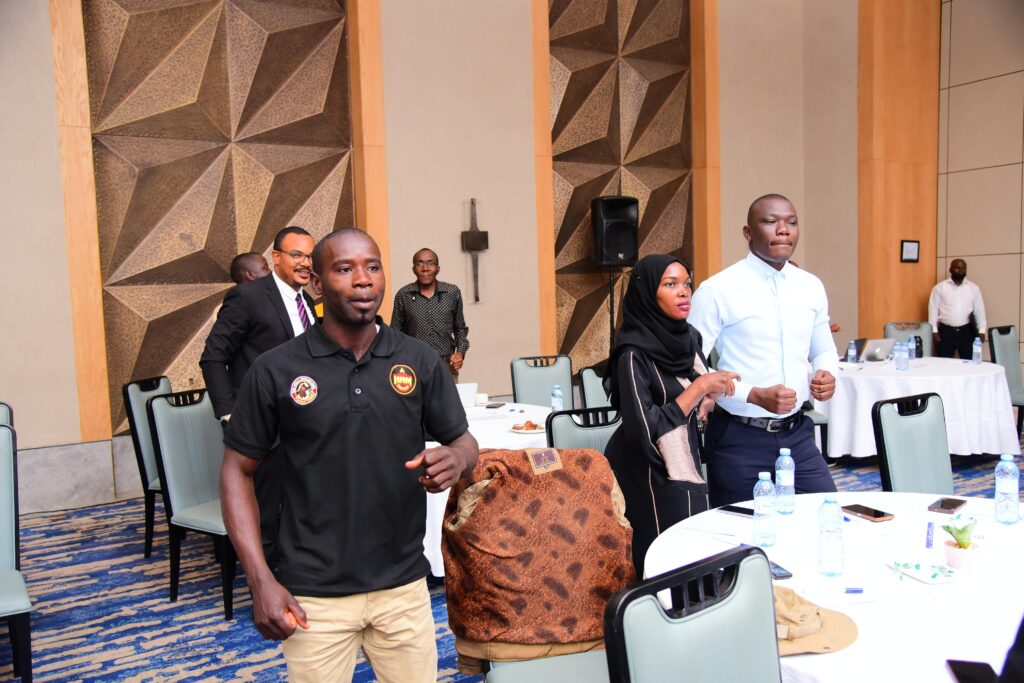
A farmer from Fort Portal recounted how financial literacy helped him manage a UGX 2 million loan, growing his agriculture business and funding his university education. A refugee woman from Nakivale described using a UGX 5 million loan to start a tailoring business, employing others in her community. These narratives underscored the project’s reach, proving that empowerment starts with knowledge and opportunity.
Immaculate Bukko, incharge of Partnerships Coordination and Advocacy, Social Investments and Public Sector at Equity Bank Uganda, reinforced this vision in her remarks, which highlighted the bank’s collaborative partnership with the Mastercard Foundation, which tackles barriers like limited access to financial services and skills gaps, ensuring no young Ugandan is left behind. Her call resonated as a blueprint for inclusive growth, aligning with the workshop’s goal of collective action.
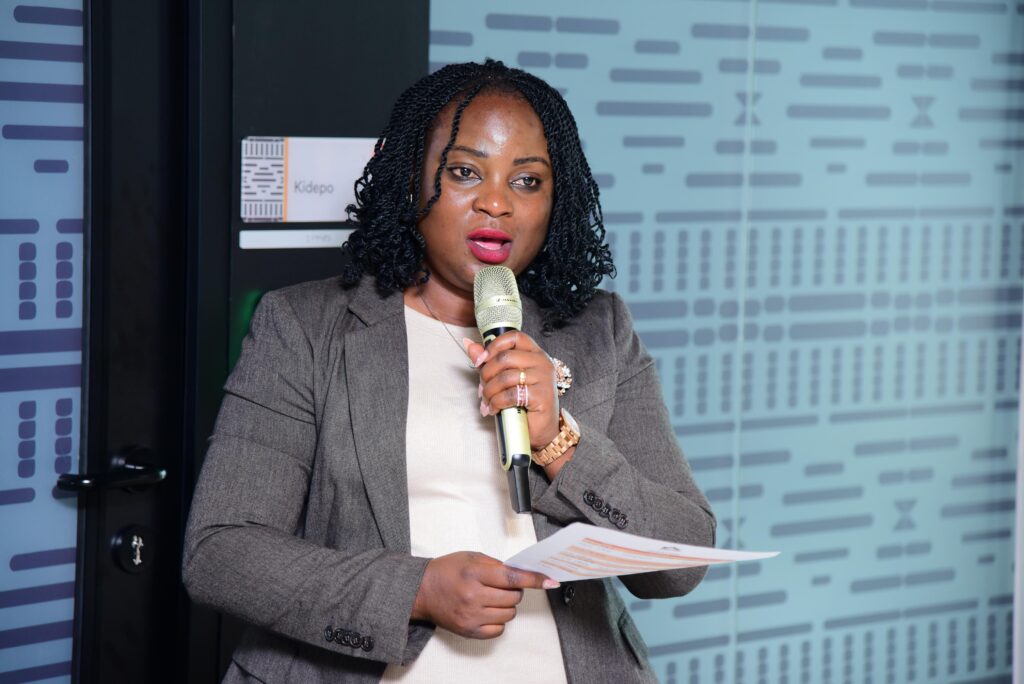
At the workshop, young entrepreneurs, NGO leaders, and financial experts shared insights, praising the training’s impact but urging regular refresher sessions. “We need ongoing support to stay on track,” one participant noted, echoing the beneficiaries’ earlier pleas. Others suggested expanding loan limits and tailoring programmes for women and refugees, reflecting the diverse needs of Uganda’s youth.
The partnership between Equity Bank Uganda and the Mastercard Foundation, supported by Financial Sector Deepening Uganda, Goal Uganda, Ripple Effect, and the Bank of Uganda, proved that unity drives change.
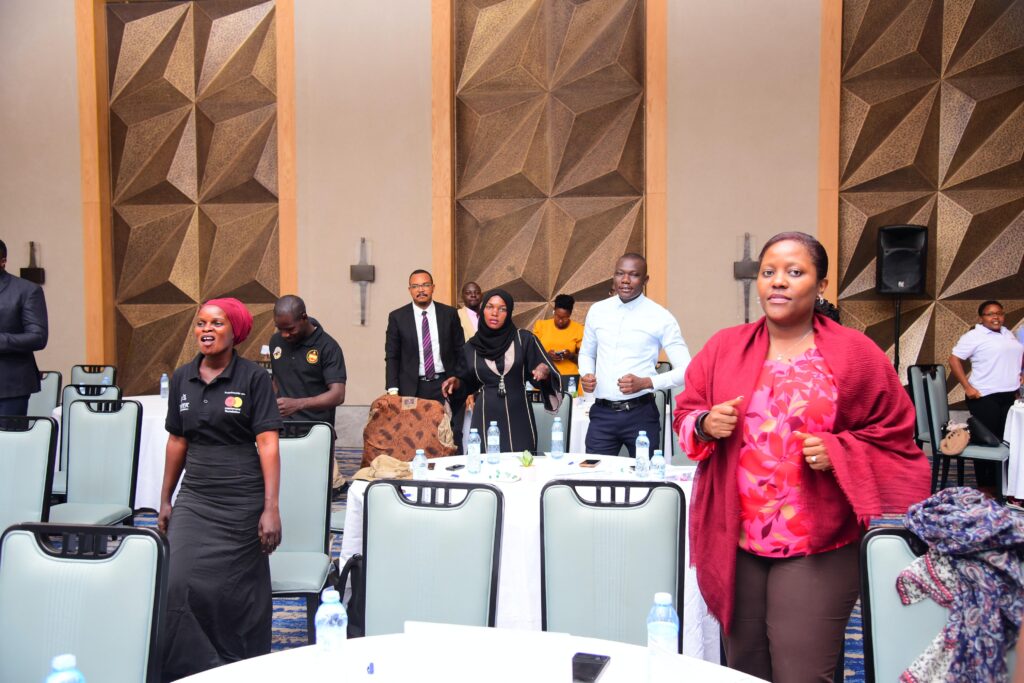
With over 3.8 million young people engaged in the Young Africa Works strategy and 1.3 million already transitioned into work, the event marked a milestone. The call for broader financial literacy, regular reporting, and inclusive outreach set a clear path forward, ensuring that by 2030, Uganda’s youth—especially the marginalised—can access dignified and fulfilling work.
The ripple effects of this collaboration are already being felt, promising a brighter future for a generation ready to lead thanks to financial literacy and access to loans.
